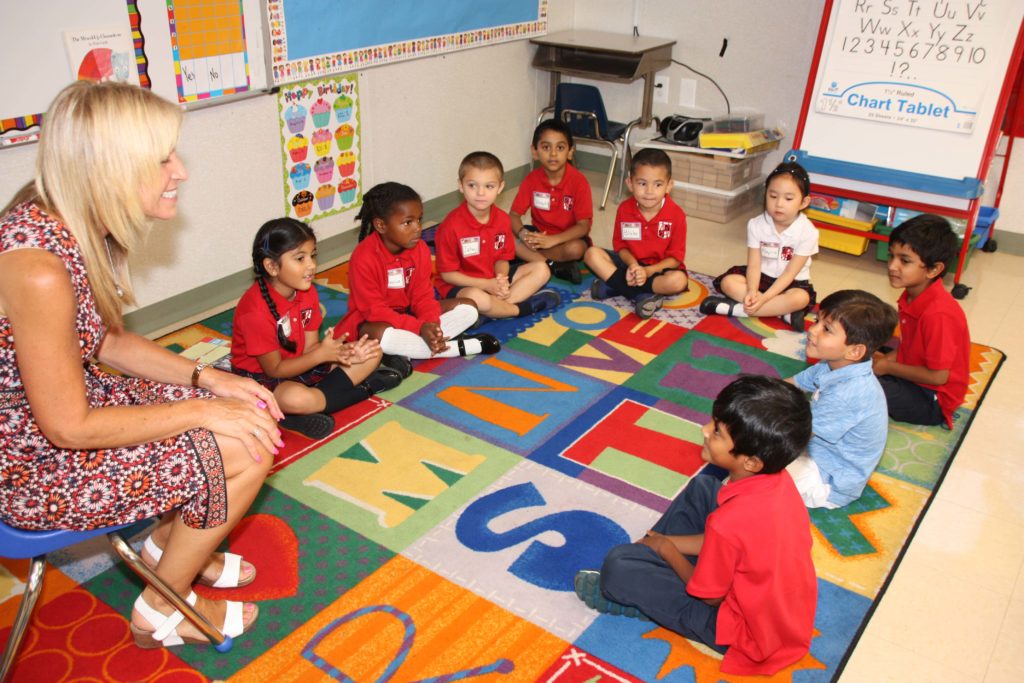
Article written by Ruth Sulitzer, Cedar Hill Prep School Kindergarten Teacher

Imagine the possibilities for a kindergarten child when there is an open trusting environment where each child is encouraged to question, contribute, and launch out. Such a child is ready to learn.
As teachers, our goal is to engage each student as an individual and create a curriculum and nurturing atmosphere where your child will soar academically and flourish socially and emotionally. Following are some tips that will help you to reinforce your child’s development at home.
Engage in everyday conversation with your child.
Parental emotional availability helps to stimulate a child’s brain. Parents who converse with their child on a daily basis are helping to expand his/her vocabulary and thrive in the world around them.
Limit the technology.
Too much technology (iPads, computers, video games) disconnects us emotionally from our children and families. Use everyday life experiences to educate your child. Discover the world by reading books together and exploring the great outdoors.
Children need to experience an array of emotions.
In order for children to function successfully in our society, they must be allowed to succeed, fail, be disappointed, and learn patience. When you teach your child to name feelings at the time they occur, your child will build an emotional vocabulary and over time will successfully get to the point where they are able to identify those feelings and talk to you about them. The best way to teach your child to express his/her feelings is to set a good example yourself. Try to see things from your child’s perspective. Let your child know that it is perfectly fine to express what we feel.
Allow your child to be a child.
Encourage imagination and creativity. It’s okay for a child to be “bored.” A child’s day should not be totally structured. Unstructured environments are an important part of learning experiences for children. Children use their imagination through role play or creative art. Spend time outdoors. The natural world inspires children to think creatively and imaginatively. Allow your child to learn from his/her mistakes. This develops more concrete understandings, helping children to grow wiser and stronger.
Parents are the child’s first role model.
Children imitate what they see and hear. To help your child develop social and emotional skills, it is important to focus on these skills:
- Teach manners.
- Teach tolerance, patience, and flexibility.
- Demonstrate kindness, love, and honesty.
- Teach independence.
- Show them how to be a good friend.
Kindergarten is an exciting time in your child’s life. Enjoy!





